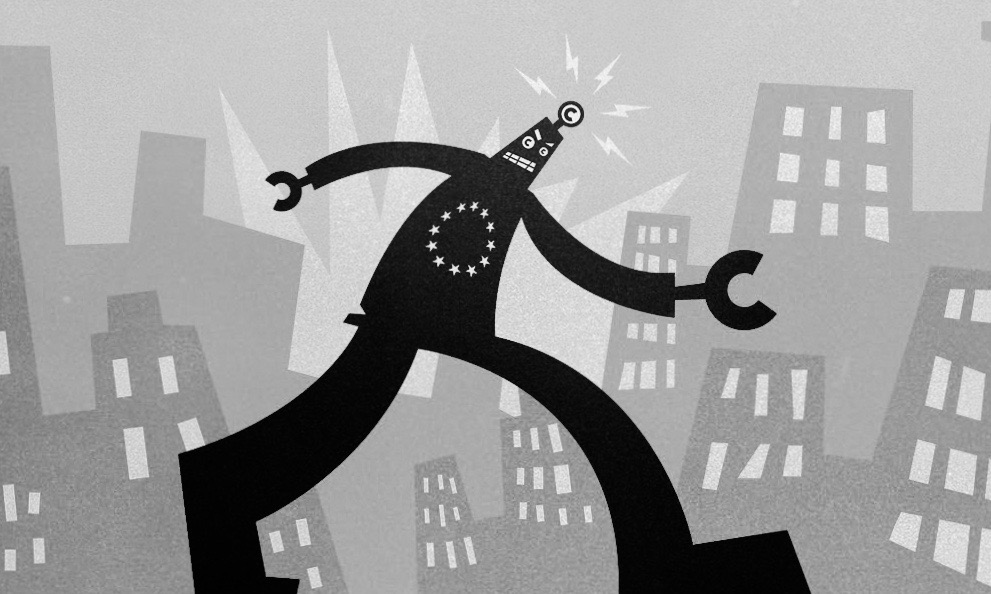The Directive still has to be approved by Member States
This week the EU adopted the legislation, which will change the internet as we know it. But all is not lost. First, the Directive on copyright in the Digital Single Market must be approved by the Council, where the votes of the representatives are weighted according to the population of the member states (the bigger the population of a member state, the more the vote counts). There is still a theoretical chance for a major state to reject the Directive.
Some place their hopes with Germany, where the political party CDU, ironically the same political party that rapporteur of the European Parliament Axel Voss belongs to, has already announced that it will strive for Germany not to implement upload filters. However, this seems unlikely and additionally complicated due to some alleged political plots.
Slovenia did not give approval to the Directive in February. Should the directive pass in the Council, it will have to be implemented into Slovenian legislation by spring 2021. This means that the Slovene Copyright and Related Rights Act will have to be amended and supplemented according to the regulation set forth in the Directive. The provisions of the Directive allow for some manoeuvring space, which can yet be utilized not only to benefit rightsholders and tech companies but to also consider the interests of creators and internet users.
According to EFF, the most problematic articles could also come under the scrutiny of the CJEU. The problematic Article 13 (now 17) must comply with previous provisions of the E-Commerce Directive, which prohibits proactive prior content control, also through general content filtering, as already established by Court of Justice of the EU.
The Grand Board of the European Union Intellectual Property Office (EUIPO) finally ruled that the figurative sign ‘COVIDIOT’ cannot be registered as an EU trademark.
The 4th Open Knowledge Day took place on Tuesday 17 October 2023, with an accompanying workshop on 18 October 2023. This year it was organised by the Open Data and Intellectual Property Institute (ODIPI) and supported by Knowledge Rights 21 (KR21).
We invite you to the fourth Open Knowledge Day and the workshop, which will take place this year within the framework of the programme and with the support of Knowledge Rights 21. The event will bring together experts from different European countries to discuss two topics: the first part will deal with the legal basis for data analytics, which is a key part of machine learning and related artificial intelligence, and the general exception for research. In the second part, open science in theory and practice will be presented both in Slovenia and in some Western Balkan countries. Representatives of research and educational institutions from Slovenia and the Western Balkan countries, as well as interested members of the public, are invited to attend.
Dr. Maja Bogataj Jančič, a renowned expert in copyright law, has joined the Berkman Klein Center for Internet & Society at Harvard University, where she will serve as an affiliate researcher for the next two years.





